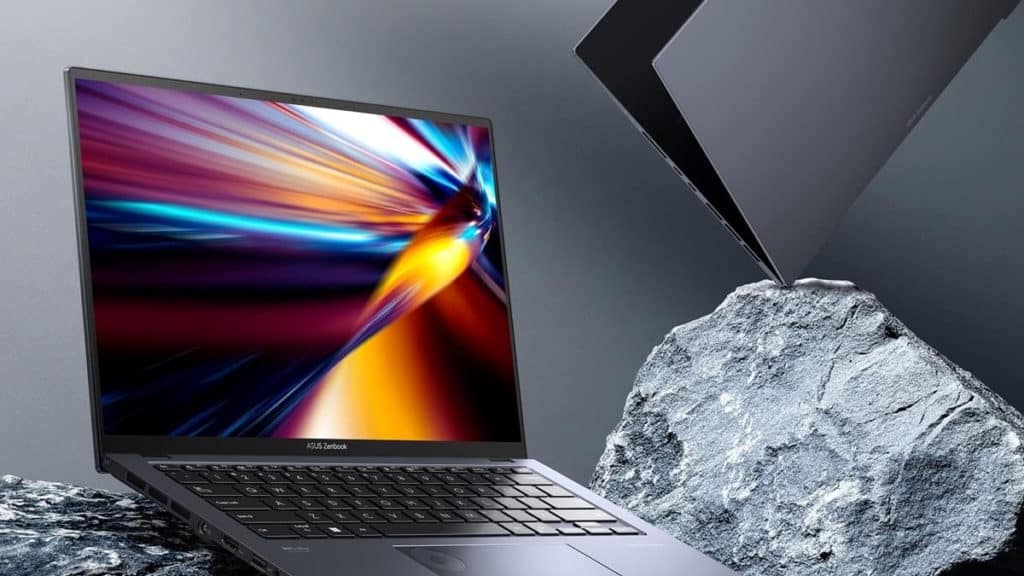Here comes another episode of “hardware giant A tries to destroy hardware giant B in the courtroom.”
Lenovo has shared a press release confirming that it’s filed a lawsuit with the United States International Trade Commission (ITC) against ASUS, or, more specifically, ASUSTeK Computer Inc. and ASUS Computer International (ASUS), for what the world’s biggest PC maker has claimed to be patent infringement.
Per Reuters, who reported on the filing last week, Lenovo believes that ASUS put a handful of features into its Zenbook laptops that it shouldn’t have, infringing upon at least four patents, as noted in the 15-page complaint.
These would include inventions relating to wireless communications, touchpad diagonal scrolling, and a dual shaft hinge design that allows a laptop to convert to a tablet.
Here’s how Lenovo’s press release reads, although it didn’t really bother to go into those specifics and talked about all of the patents that it owned instead:
Lenovo (United States) Inc., part of the global technology corporation, Lenovo Group, filed a patent infringement action on November 15th with the United States International Trade Commission (ITC) against ASUSTeK Computer Inc. and ASUS Computer International (ASUS) for infringement of a variety of Lenovo’s patents related to software, hardware, and connectivity across multiple ASUS products. The action is in response to ASUS’s August 2023 filings in the Regional Court of Munich related to cellular technologies, where Lenovo had offered a cross-licensing deal as a solution.
Lenovo is a strong proponent of cross-licensing agreements, open and transparent negotiations, and licensing within the industry on fair, reasonable, and non-discriminatory (FRAND) terms. This is evidenced by the Group’s ongoing litigation with InterDigital, where it advocated for greater transparency and less discrimination in licensing negotiations and was proven by the UK Court to be a willing licensee. The action against ASUSTeK reflects the Group’s commitment to protecting its significant contributions to technology innovation and industry “firsts” over the past 39 years, building a portfolio of over 28,000 patents with a further 14,000 applications pending.
“We feel the time has come for us to assert our patent portfolio more actively – given its strength and our position and experience as both licensee and licensor – to achieve greater balance in licensing,” commented John Mulgrew, Lenovo’s Deputy General Counsel and Chief Intellectual Property Officer.
“Increasingly, we’re seeing some licensors bypass FRAND discussions and rely instead on threats to extract inflated, supra-FRAND royalties from licensees. We think the better approach entails mutual respect, openness, and fairness, and outside assistance with FRAND if negotiations are at an impasse. While litigation is always Lenovo’s last resort, we do believe we need to protect our intellectual property while continuing to encourage transparency in licensing to enable ongoing investment in innovation and to ensure that customers around the world can benefit from the proliferation of affordable technology.”
As expected, Lenovo would like ASUS to stop selling the laptops that allegedly infringe upon its patents (e.g., Zenbook Pro and Zenbook Flip 14), and it also wants ASUS to pay up, too.
Lenovo also wants everyone to know that it invests $2.2 billion annually in research and development, and how it even recently committed $1 billion toward AI innovation.

